YouTube Music has quietly launched a controversial experiment: artificial intelligence–powered hosts that interrupt your playlists to provide commentary, trivia, and anecdotes. While still in limited testing, the feature is already dividing opinion among users, raising questions about the future of streaming, personalization, and the role of AI in entertainment.
A New Kind of Listening Experience
Instead of just pressing play and hearing a seamless stream of music, some users are now being greeted by AI-generated voices that pop in during playback. These digital hosts act like a modern twist on the classic radio DJ, offering:
- Short introductions about artists or songs
- Bits of trivia tied to the current track or album
- Fun facts, behind-the-scenes stories, or cultural context
- Occasional prompts designed to spark interaction or discovery
For example, in the middle of a playlist, you might hear a voice say: “Did you know this song was written in just one night during a world tour?” The intent, according to industry watchers, is to give listeners a more “curated” experience — something between traditional radio and algorithm-driven playlists.
Why YouTube Is Testing AI Hosts
The experiment reflects a broader trend in digital media. Streaming platforms are no longer just competing on music libraries; they are competing on engagement. YouTube Music’s AI host feature could serve several purposes:
- Differentiation in a crowded market
Services like Spotify, Apple Music, and Amazon Music already dominate the streaming space. By adding interactive AI hosts, YouTube Music sets itself apart with a hybrid experience closer to talk radio or podcasts. - Keeping users engaged longer
Music listening is often passive — background noise during work, exercise, or study. Interruptions from AI hosts could transform passive listening into something more active and memorable. - Cross-platform AI strategy
Google has been aggressively embedding artificial intelligence across its ecosystem — from search to email to video. Bringing AI commentary to music fits neatly into this larger plan. - Potential for monetization
While not confirmed, this kind of system could eventually open doors to advertising or sponsored content delivered by AI voices, blurring the line between music curation and marketing.
The Pros: What Makes This Interesting
Supporters of the experiment see it as a creative step forward:
- Personalized radio experience: Instead of a faceless algorithm, users get a guiding “voice” making their playlists feel alive.
- Cultural enrichment: Commentary can deepen appreciation for music, giving context that many listeners wouldn’t discover on their own.
- Discovery boost: AI hosts could recommend related artists, genres, or hidden gems tailored to each user.
- Accessibility: For casual fans, the feature may simplify music exploration without requiring endless scrolling or searching.
The Cons: Why Users Are Concerned
However, early reactions suggest many listeners are uneasy. The potential downsides include:
- Interruptions break the flow: Music is often tied to mood. An unexpected AI voice could disrupt concentration, workouts, or relaxation.
- Voice quality issues: If the AI host sounds too robotic or unnatural, the feature risks feeling gimmicky instead of useful.
- Privacy fears: For commentary to feel personalized, AI would need to analyze user behavior, raising concerns about data collection.
- Control and choice: If users can’t easily turn off the AI host, backlash is likely. A forced feature could alienate subscribers.
- Commercial creep: Many fear this could eventually become a new vector for advertisements disguised as “fun facts.”
Industry Context: The Battle for Streaming Innovation
YouTube Music isn’t alone in experimenting with AI. Spotify has already launched an AI DJ that curates playlists with natural-sounding commentary. Apple, while quieter in this area, continues to enhance its AI-driven music suggestions.
The rise of AI DJs and hosts signals a new phase in the streaming wars. The question is no longer whether you have the biggest library — it’s whether you can deliver the smartest, most personalized experience.
What’s Next for AI in Music?
Several open questions will shape whether this experiment succeeds:
- Will users accept AI interruptions, or reject them as intrusive?
- How natural and human-like will the AI voices sound?
- Will there be customization, like choosing the host’s style, tone, or frequency of interruptions?
- Could this lead to interactive storytelling, where AI hosts adjust to mood or activity?
- Will monetization shift the feature from playful to pushy?
For now, the experiment is limited, but the implications are wide-reaching.
Conclusion: A Risky but Bold Step
YouTube Music’s AI host experiment could represent the next frontier of streaming — blending the intimacy of radio with the personalization of AI. If successful, it may transform how people interact with music, creating richer experiences beyond just “press play.”
But if mismanaged, it could backfire, with users fleeing to competitors who offer something simpler and interruption-free.
As streaming platforms push further into AI-driven experiences, one thing is clear: the future of music listening may be less about silence between songs and more about the voices — artificial or not — that guide us through them.



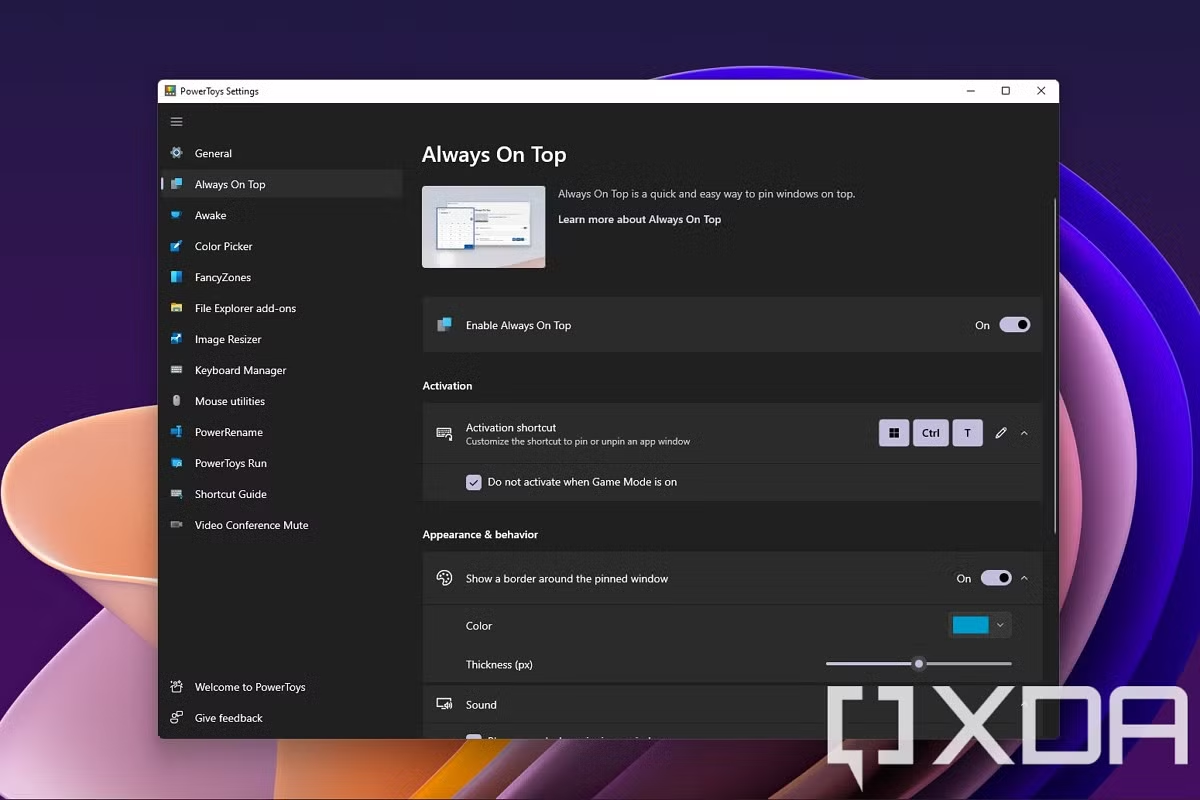
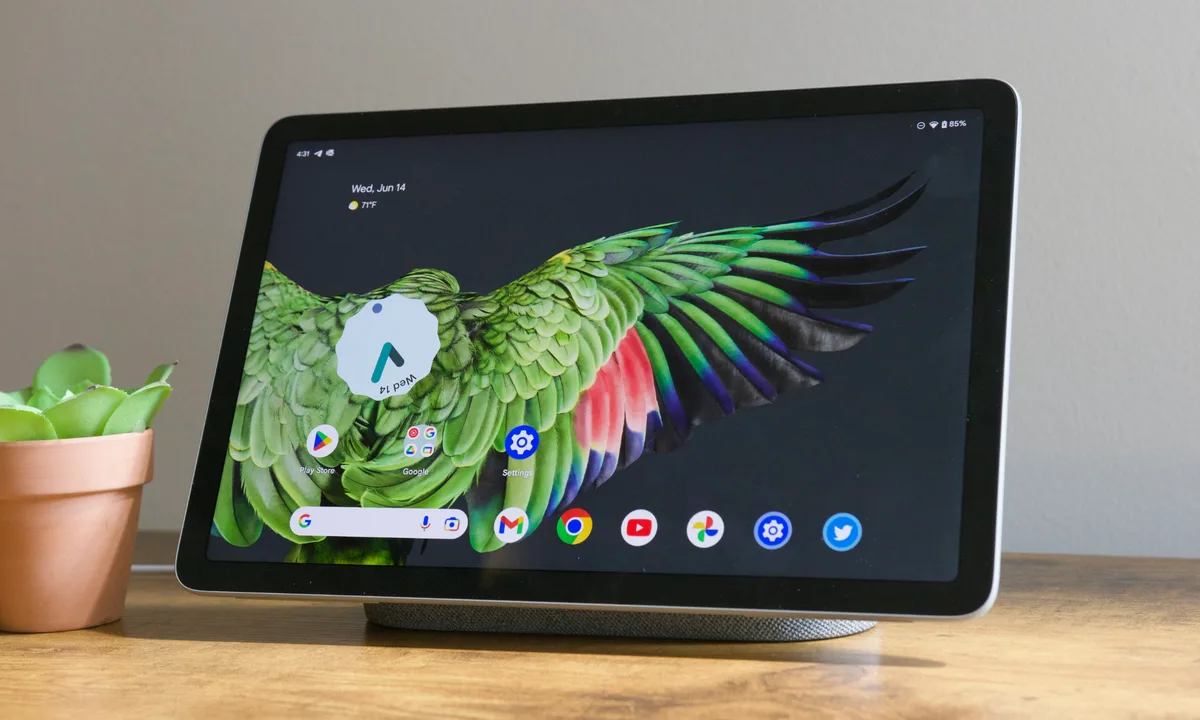


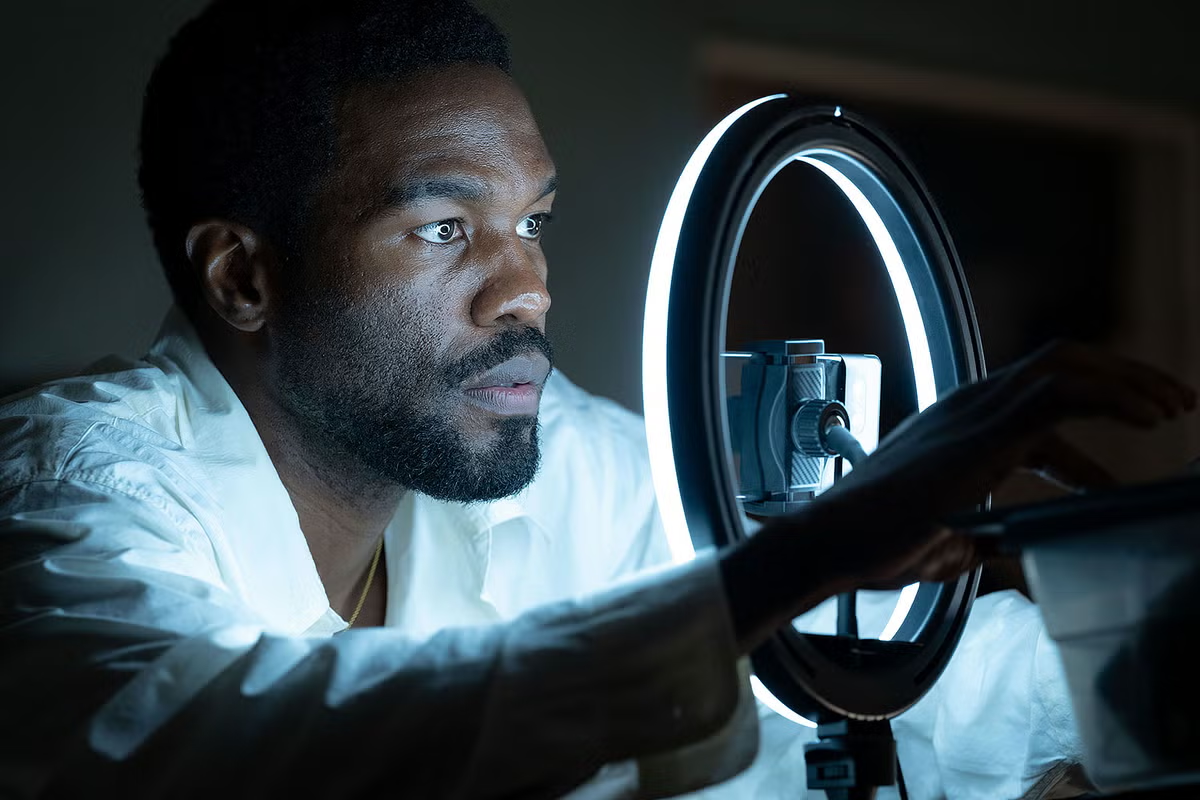

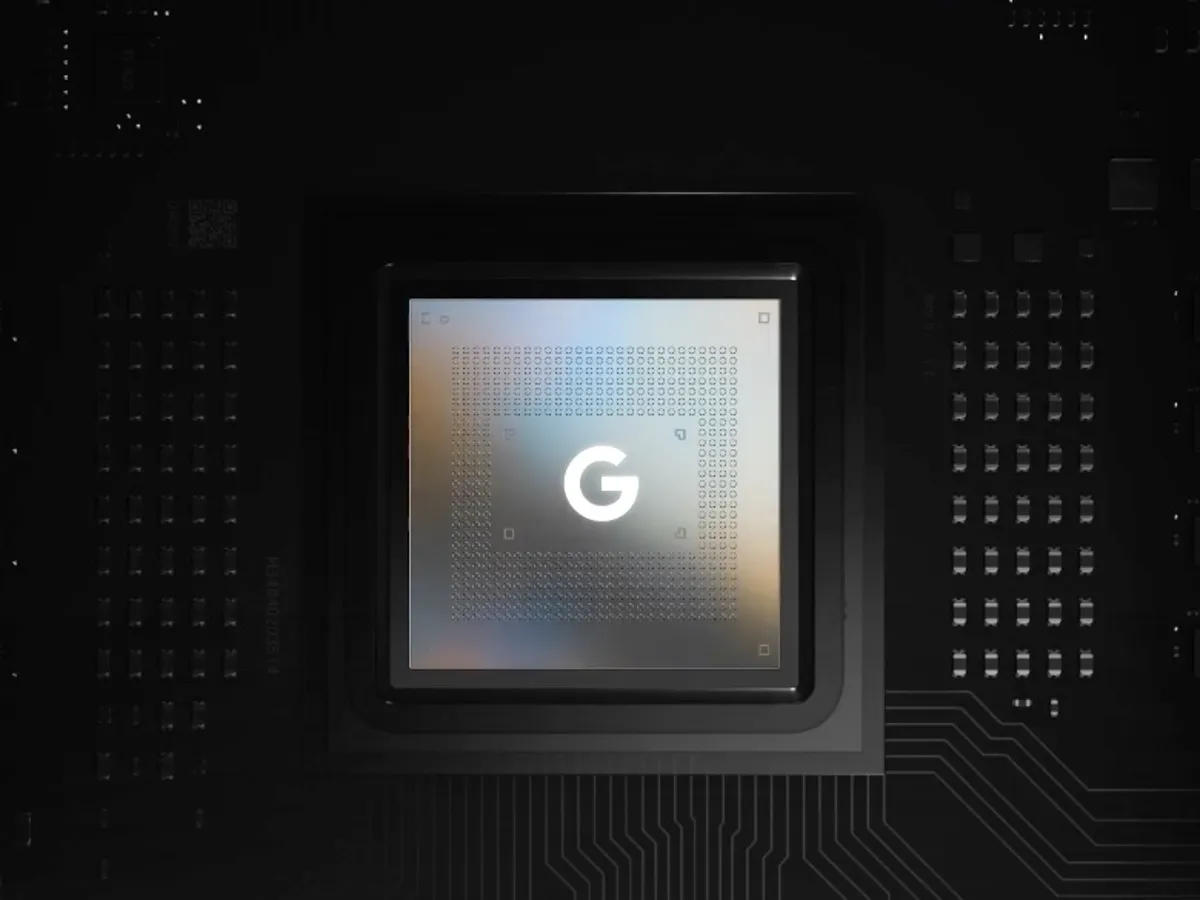
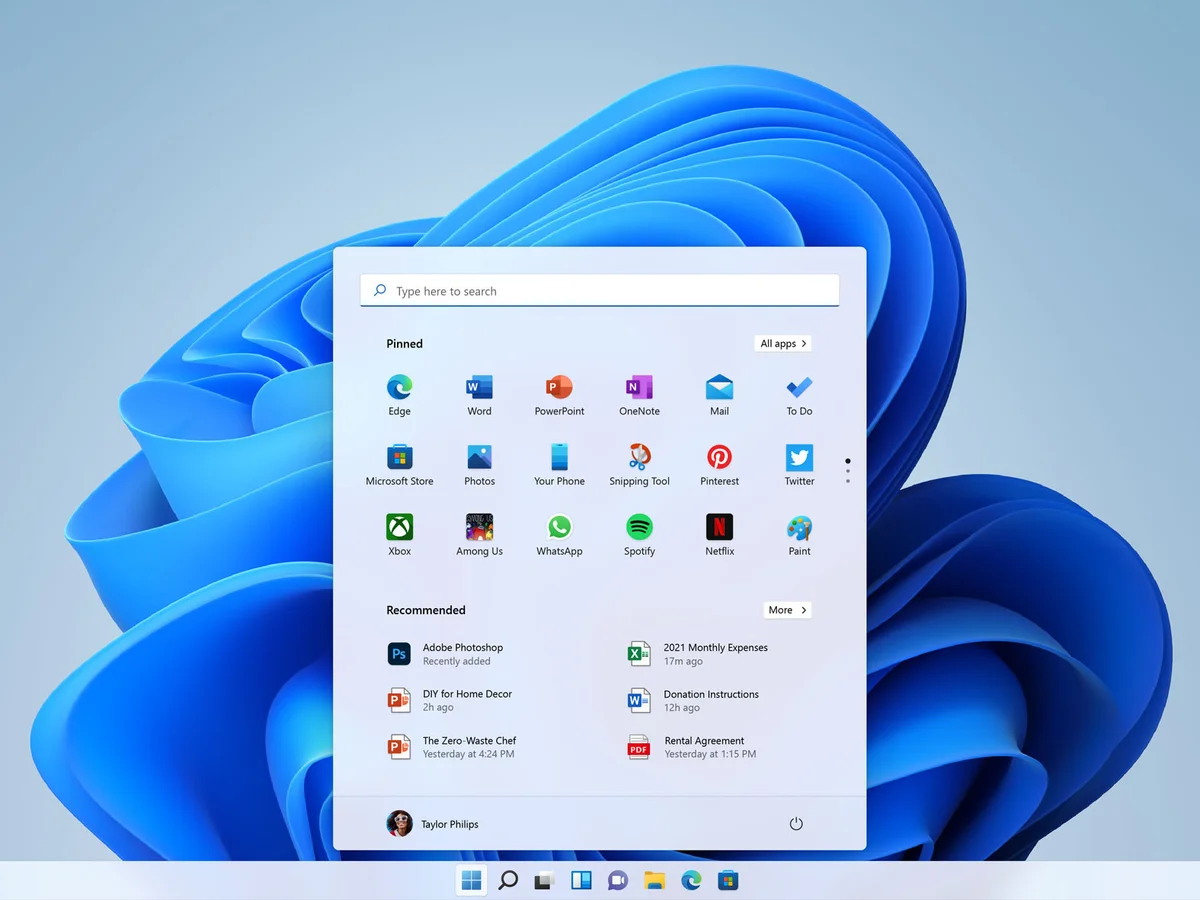
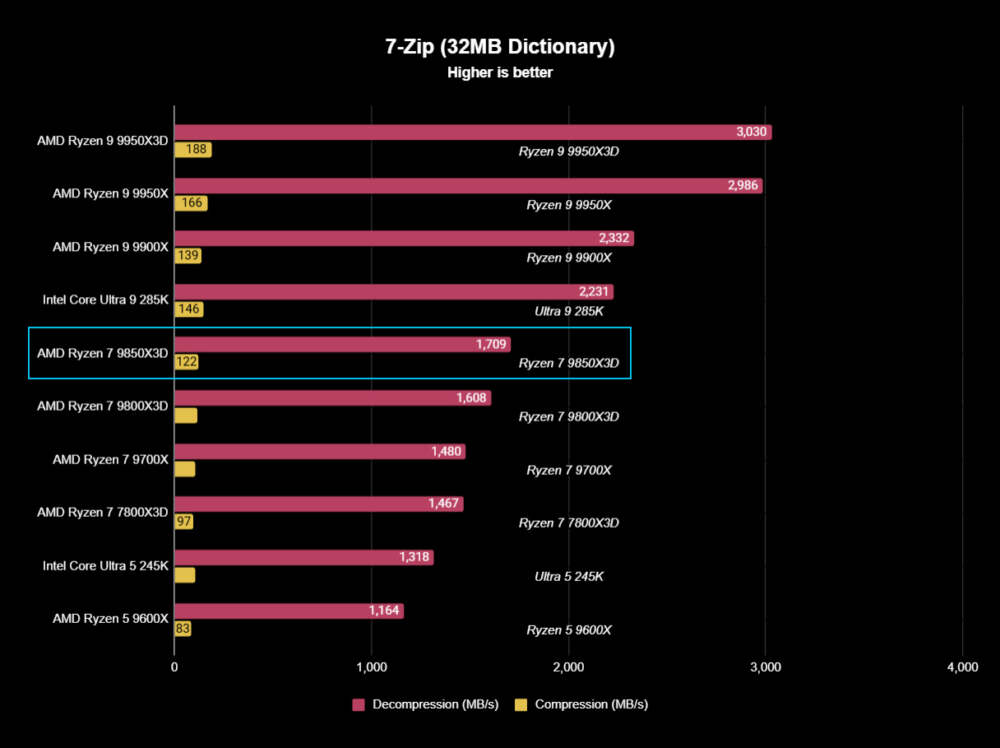




Leave a Reply